Dosing Guidelines
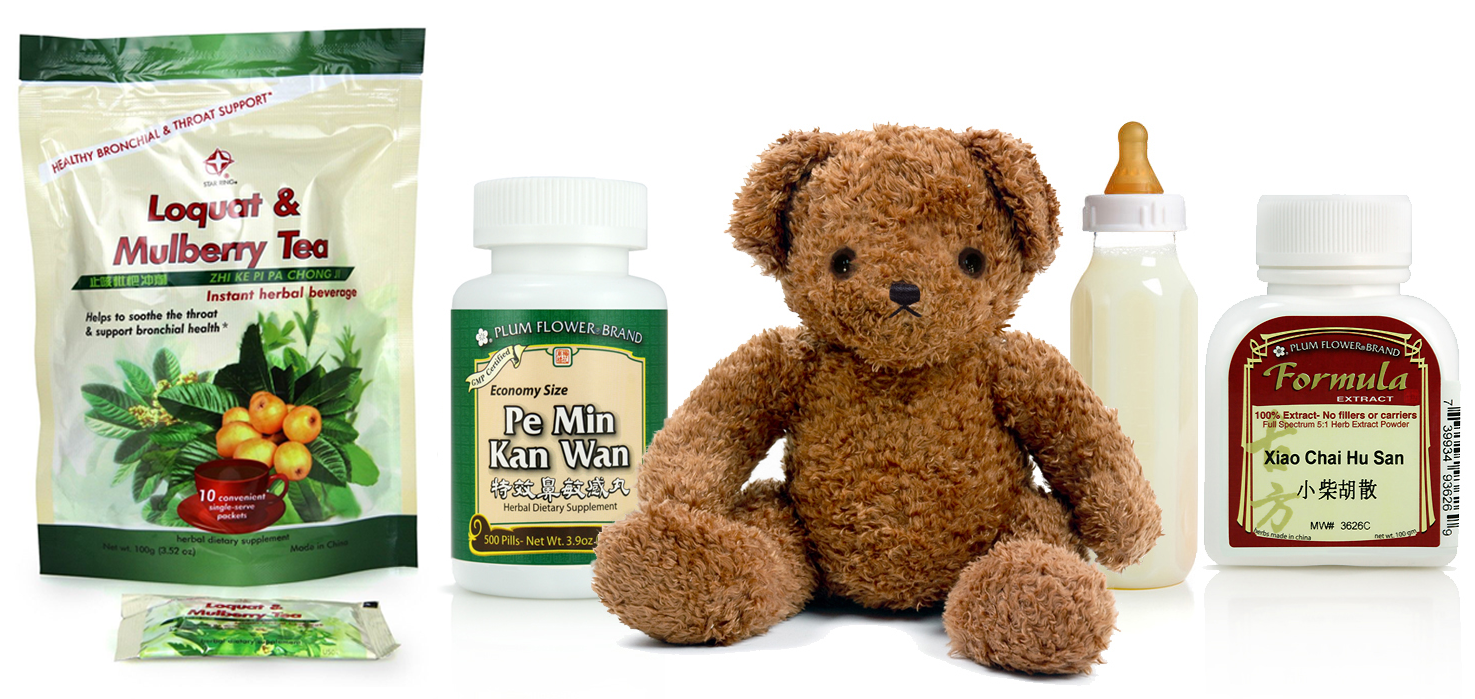 One series of questions that the Mayway Herbal Consultants consistently receive relates to administering Chinese herbs to children. Many practitioners in the field know that Chinese medicine can be helpful for addressing imbalances in young people, but often have received little training, or clinical exposure in the realm of pediatrics.
One series of questions that the Mayway Herbal Consultants consistently receive relates to administering Chinese herbs to children. Many practitioners in the field know that Chinese medicine can be helpful for addressing imbalances in young people, but often have received little training, or clinical exposure in the realm of pediatrics.
Prepared Formulas as Practical Alternatives
Skye Sturgeon, DAOM, Quality Assurance Manager, Mayway
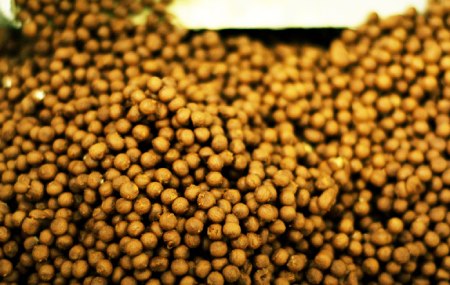
Although cooked water-based extractions (decoctions: 湯 tāng) are widely taught in TCM schools and commonly used in the administration of traditional Chinese herbal medicine, many TCM herbalists in the US report that patients are often reticent to take herbs in this way. Decoctions require attentive cooking unless one has an automatic decocting machine, and the odor of the herbs can permeate one’s home and disturb others in the dwelling. Dr. Skye Sturgeon discusses the use of prepared formulas such as teapills, honey pills, extract powders and more as alternatives to whole herb decoctions to improve patient compliance.
Read MoreDosage Considerations of Extract Powders and Granules
Skye Sturgeon, DAOM, Quality Assurance Manager, Mayway
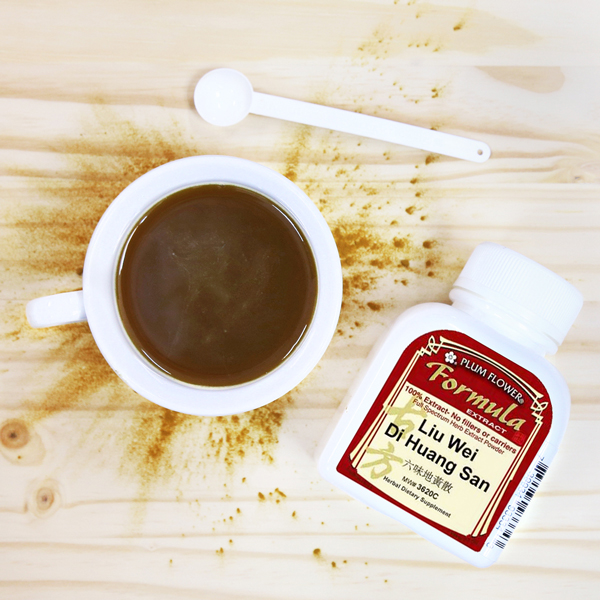
Our Herbal Consultants are often asked about recommendations for dosing extract powders. Skye Sturgeon, DAOM, L.Ac. discusses the history of herbal extract powders, dosage calculation examples, and learn how to create and tailor your own formulas!
Read MoreHelpful Tips on Using Mayway Herbs' Prescription Service
Skye Sturgeon, DAOM, Quality Assurance Manager, Mayway
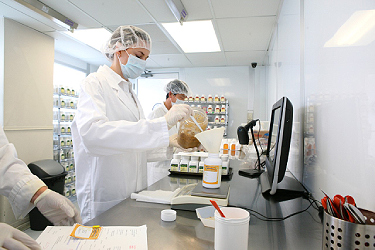 As the needs of patients are becoming more specialized, the demand for custom herbal formulas is on the rise. We've created tips for using our Dispensary service, links to a fillable decoction instructions document you can create for your patients, and a how-to video demonstrating how to make a custom formula.
As the needs of patients are becoming more specialized, the demand for custom herbal formulas is on the rise. We've created tips for using our Dispensary service, links to a fillable decoction instructions document you can create for your patients, and a how-to video demonstrating how to make a custom formula.
Are You Under-Prescribing Extract Powders?
Skye Sturgeon, DAOM, Quality Assurance Manager, Mayway
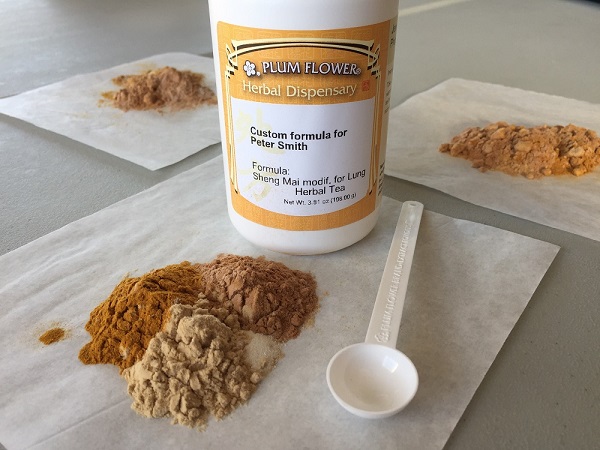 One of the common questions to our consultants from clinicians is regarding the recommended dosages for our extract powder formulas and single herbs. What is the extract powder dosage equivalent of single herb compared to a raw herb (or formula)?
One of the common questions to our consultants from clinicians is regarding the recommended dosages for our extract powder formulas and single herbs. What is the extract powder dosage equivalent of single herb compared to a raw herb (or formula)?
Consultant’s Corner: Determining the Right Dosage for Your Patient
Laura Stropes, L.Ac.
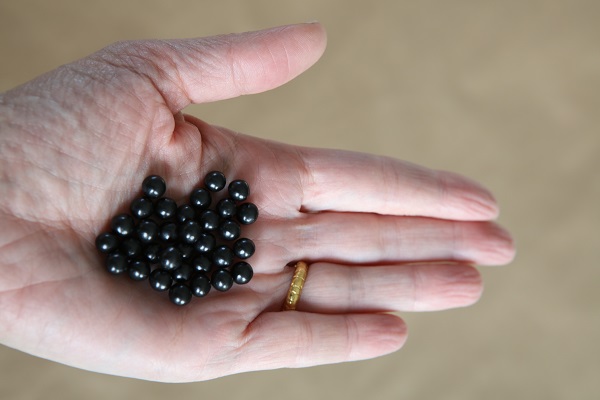 Although Chinese medicine is an herb-based tradition and is regulated in the United States as “food supplements”, as practitioners we know that it is nonetheless still medicine. In China most prepared Chinese herbal formulas, even common ones such as Liu Wei Di Huang Wan, are still considered prescription medicines. However, unlike pharmaceuticals, there is a much greater variance in how herbal formulas work on our patients. Even with standard dosages printed on their labels, it doesn’t mean that as practitioners we shouldn’t increase or decrease the dosage if we feel it is best for a given patient.
Although Chinese medicine is an herb-based tradition and is regulated in the United States as “food supplements”, as practitioners we know that it is nonetheless still medicine. In China most prepared Chinese herbal formulas, even common ones such as Liu Wei Di Huang Wan, are still considered prescription medicines. However, unlike pharmaceuticals, there is a much greater variance in how herbal formulas work on our patients. Even with standard dosages printed on their labels, it doesn’t mean that as practitioners we shouldn’t increase or decrease the dosage if we feel it is best for a given patient.
Consultant's Corner: Notes on Herb Administration
Laura Stropes, L.Ac.
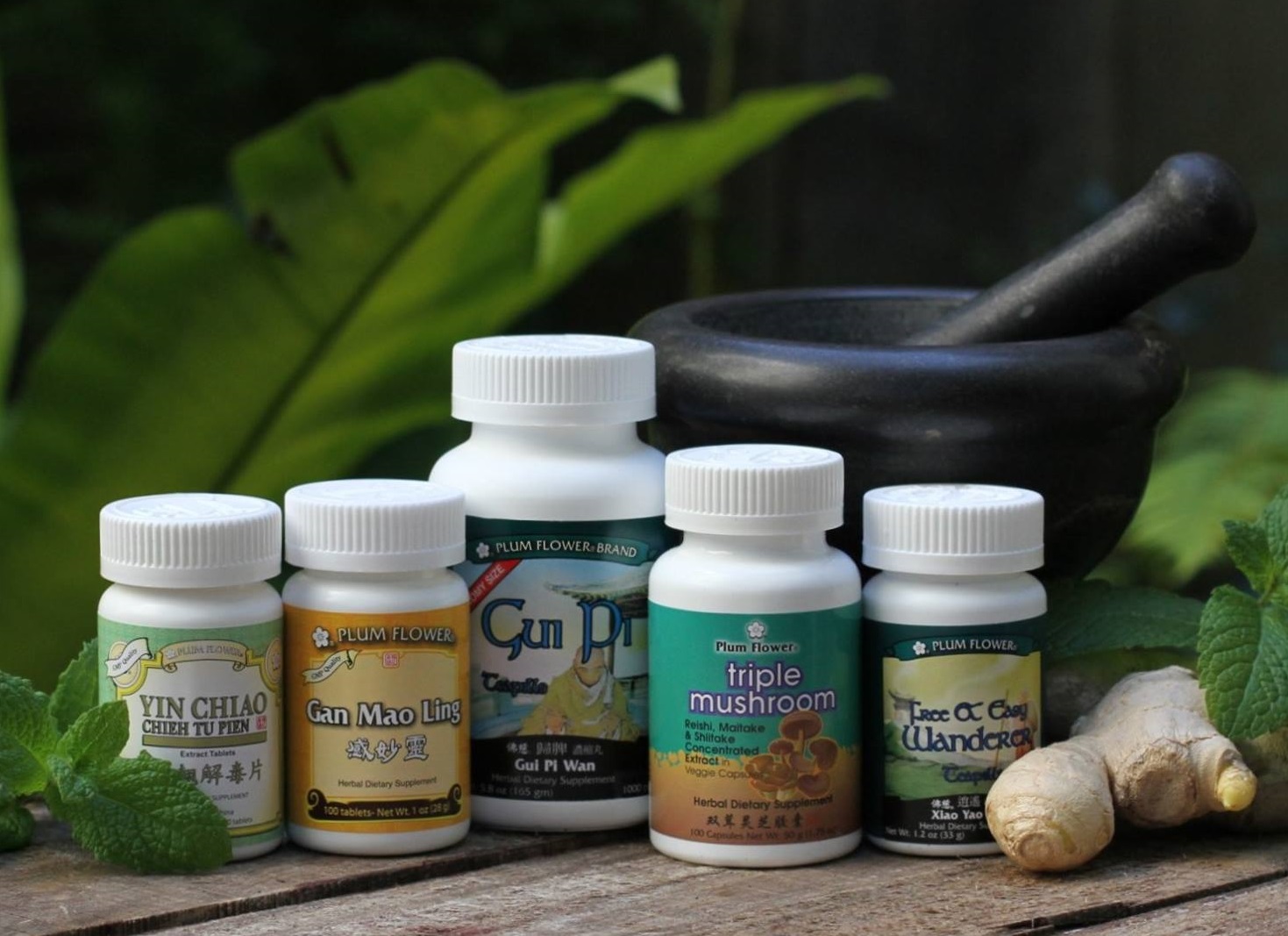 I’m frequently asked for advice on the best time to take herbs, and while often there is no universal answer to that question, here are a few notes on interactions with food, dosage intervals and special circumstances, each of which can influence the effectiveness and safety of herbal treatments.
I’m frequently asked for advice on the best time to take herbs, and while often there is no universal answer to that question, here are a few notes on interactions with food, dosage intervals and special circumstances, each of which can influence the effectiveness and safety of herbal treatments.
